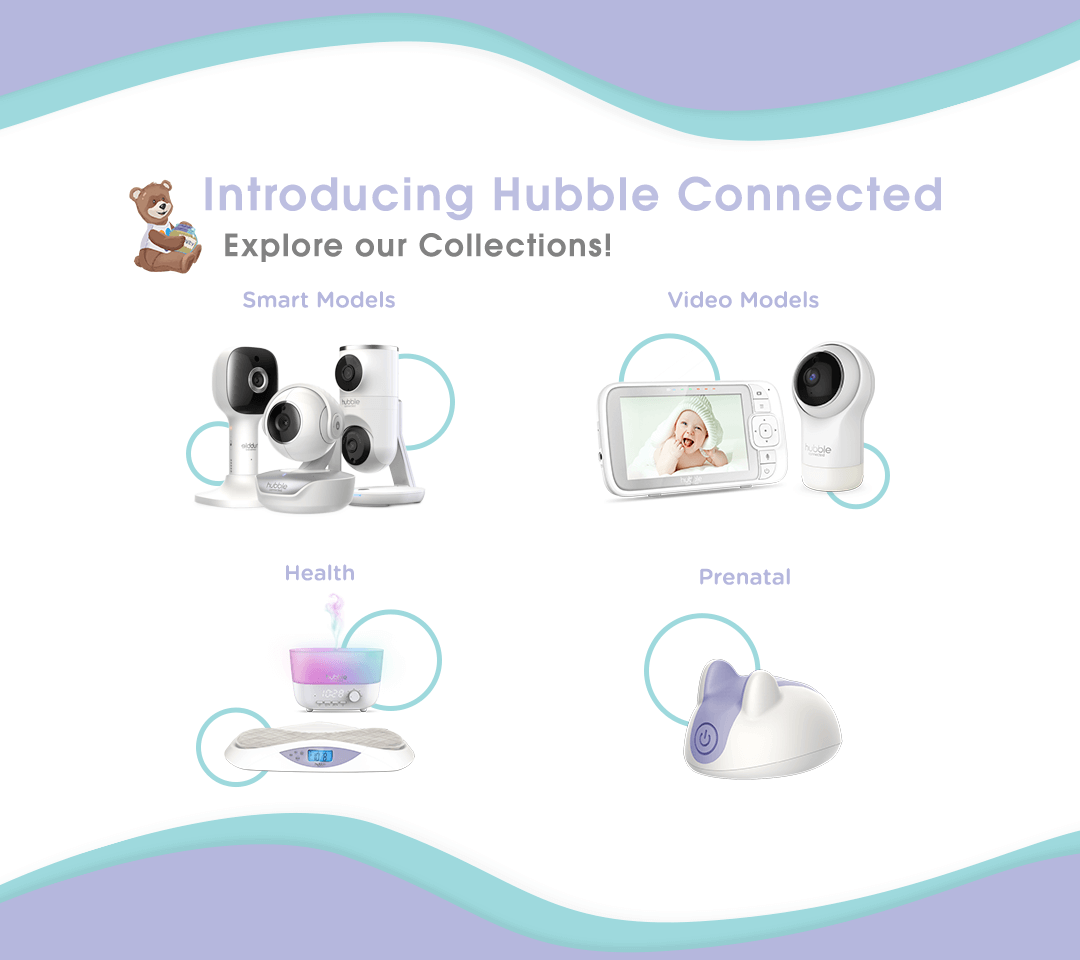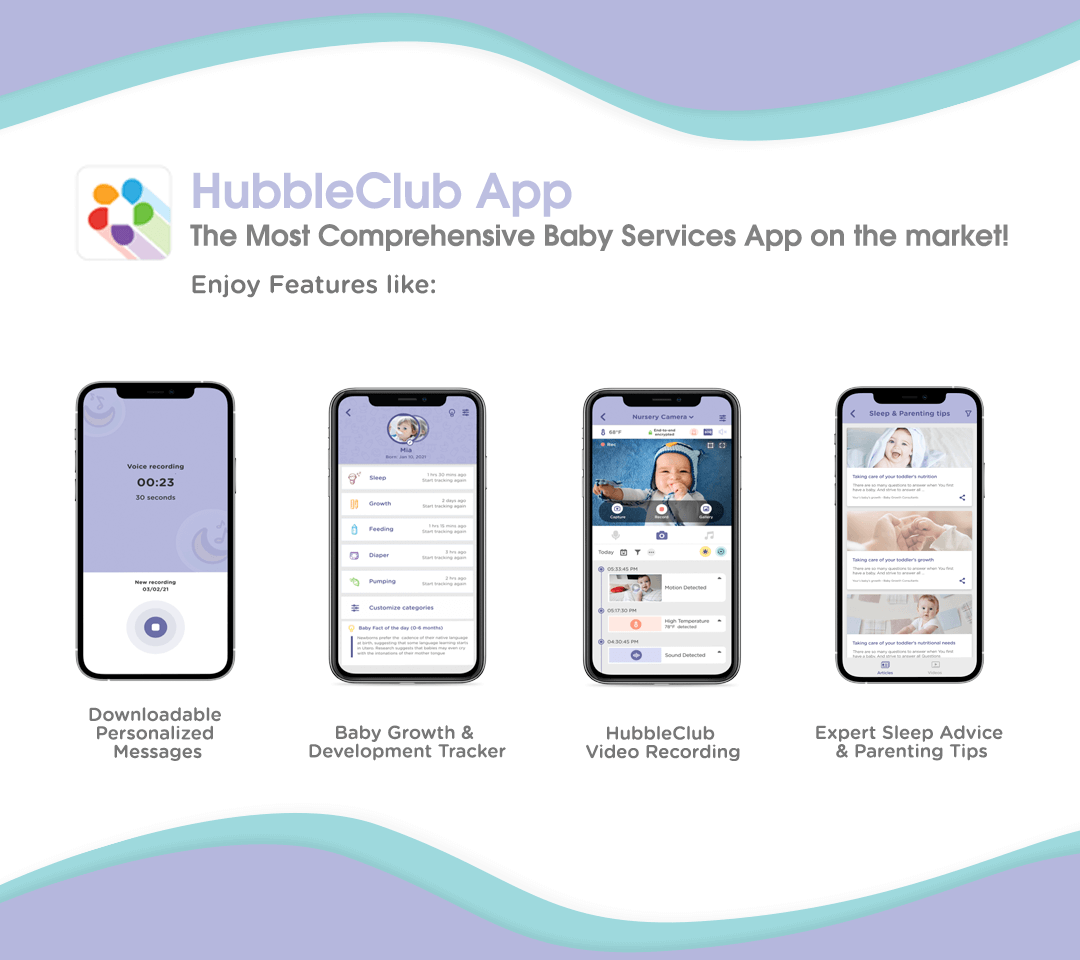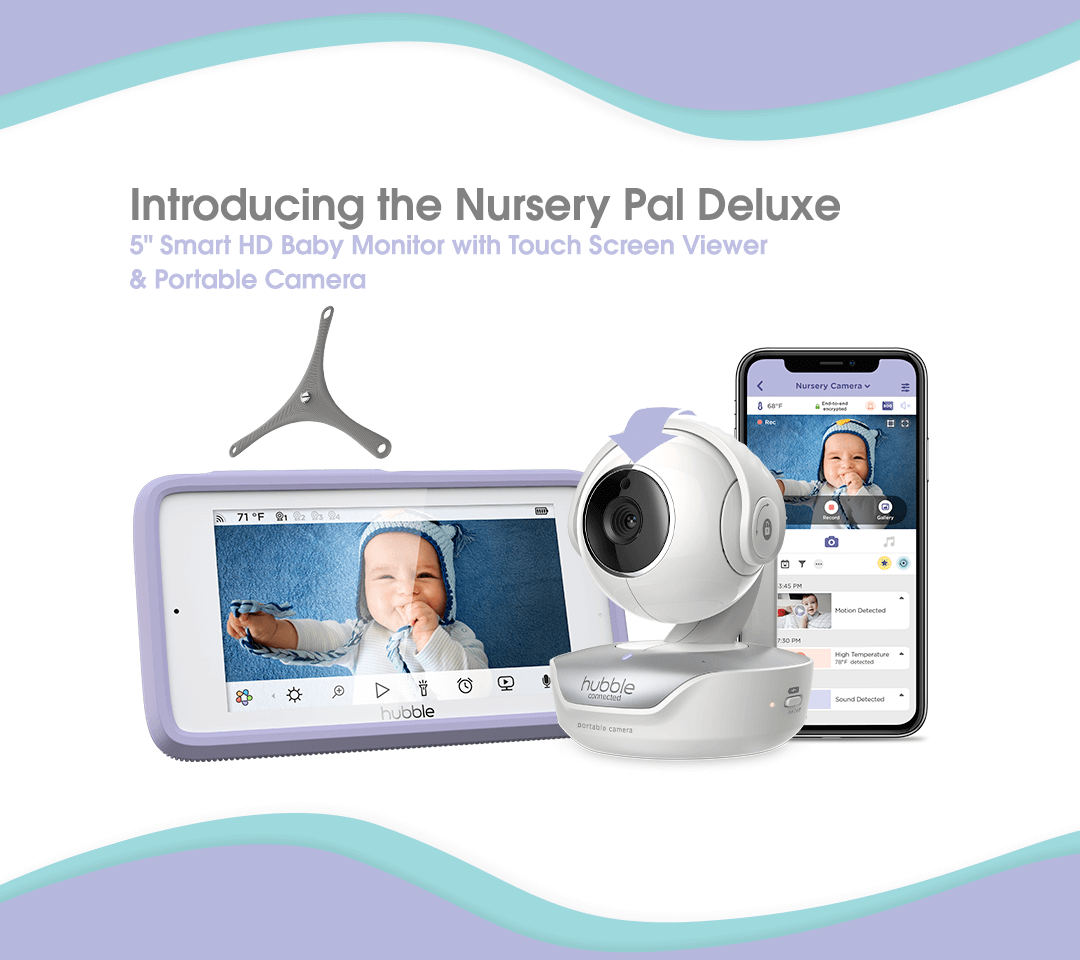Your Cart is Empty
June 15, 2021 3 min read

Starting a family is an important decision. It is a vital phase in a couple’s life. Once you make up your mind to have a child, it is always best to visit your gynecologist or a healthcare provider. During the preconception visit, the gyno assesses your physical health and advises you on best practices that facilitate a healthy pregnancy. While your doctor is at it, don’t miss the chance to pick your doctor’s brain by asking these questions.
Q1: How long will it take to get pregnant?
There are many factors that determine your ability to get pregnant. It can be your age, your and your partner’s health, and weight. It also depends on any pre-existing conditions, including afamily history of late pregnancies. The doctor will assess your medical history and health to give you an estimated timeframe. The gyno can also provide suggestions on how to make the process quicker if you ask for it. Do remember, no one can predict the exact time because it varies from couple to couple.
Q2: Will my pre-existing conditions affect my ability to get pregnant?
Specific medical issues in women likePCOS, thyroid issues, endometriosis, and STDs can affect pregnancy. Similarly, issues like low sperm count and motility in men can delay conception. However, there is no need to lose hope as your gyno can recommend suitable solutions. If you are on medications for pre-existing conditions already, share the list of drugs that you take with your gyno. Remember, certain medicines can affect the chances of getting pregnant. The gyno may switch your medicines and put you on a different set of medications if the current ones can reduce your chances of getting pregnant.
Q3: Can my age affect my chances?
Age has an impact on fertility and the chances of getting pregnant naturally for women. According to research, there is a 50% decrease in the ability to conceive after theage of 35 for women. For men over mid-40, the sperm count and quality decrease, thereby impacting pregnancy. Though age is a factor, you can still get pregnant naturally!
Q4: Should we do genetic testing?
Genetic testing helps you understand any genetic conditions you could have inherited but not demonstrated. That reduces many health risks associated with pregnancy. It is highly recommended that you get a genetic test done if you or your partner are aware of any genetic or hereditary conditions running in the family.
Q4: What are the lifestyle changes needed for pregnancy?
Being underweight or overweight can affect fertility and also increase complications during pregnancy and delivery. So try to maintain a healthy weight and keep a check on your blood pressure and diet. Have an honest conversation on your lifestyle and habits with your gyno. Make necessary changes based on your doctor’s recommendations that can help you conceive naturally.
Q5: When to stop birth control?
Discuss with your doctor based on the method of birth control you have opted for. In the case of an IUD, if you want to get it removed, check when it can be done. If you are on pills, it takes some time before your hormonal cycle returns to normal, and it varies for different individuals.
Q6: Should I get any vaccinations?
Many infections like measles and chickenpox can seriously affect the health of your newborn. So it is essential to keep your vaccinations up-to-date before you get pregnant. Check with your gyno if any flu shots need to be taken or avoided.
Q7: What should I do after a positive pregnancy test?
There is a lot of joy and confusion on what to do after a positive pregnancy test. Most couples are caught between wanting to announce the good news and wait until an ultrasound can be done! You can decide on this proactively before you plan for the baby.

June 21, 2021 3 min read

June 21, 2021 3 min read
and get £10 OFF your next Hubble Connected purchase.
.png?v=1627679689)

.png?v=1627679796)
.png?v=1627679828)



